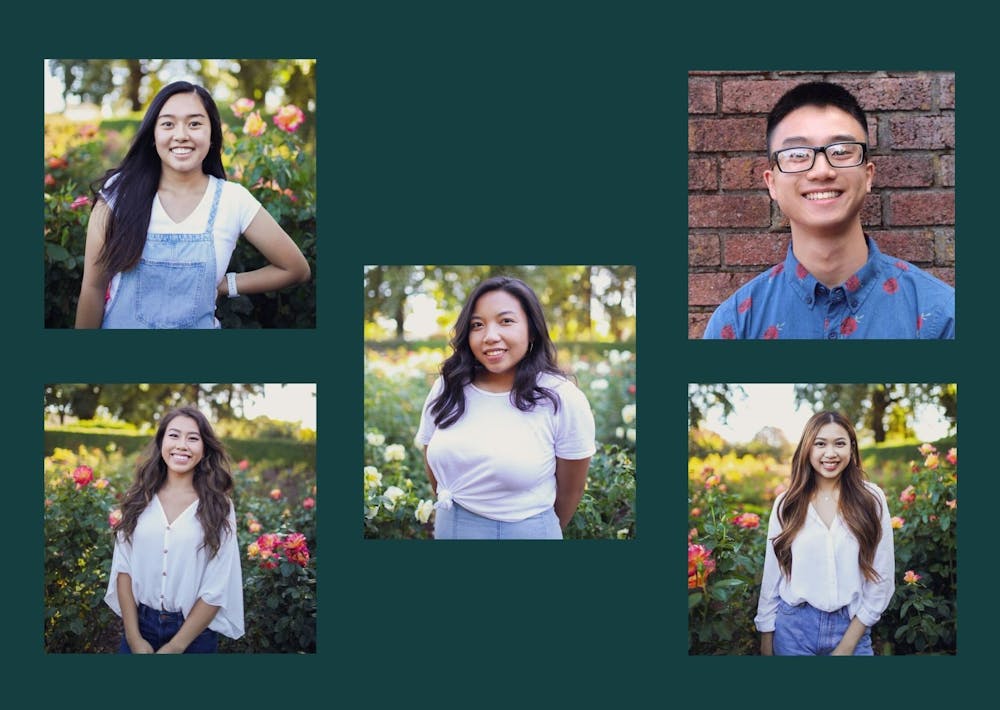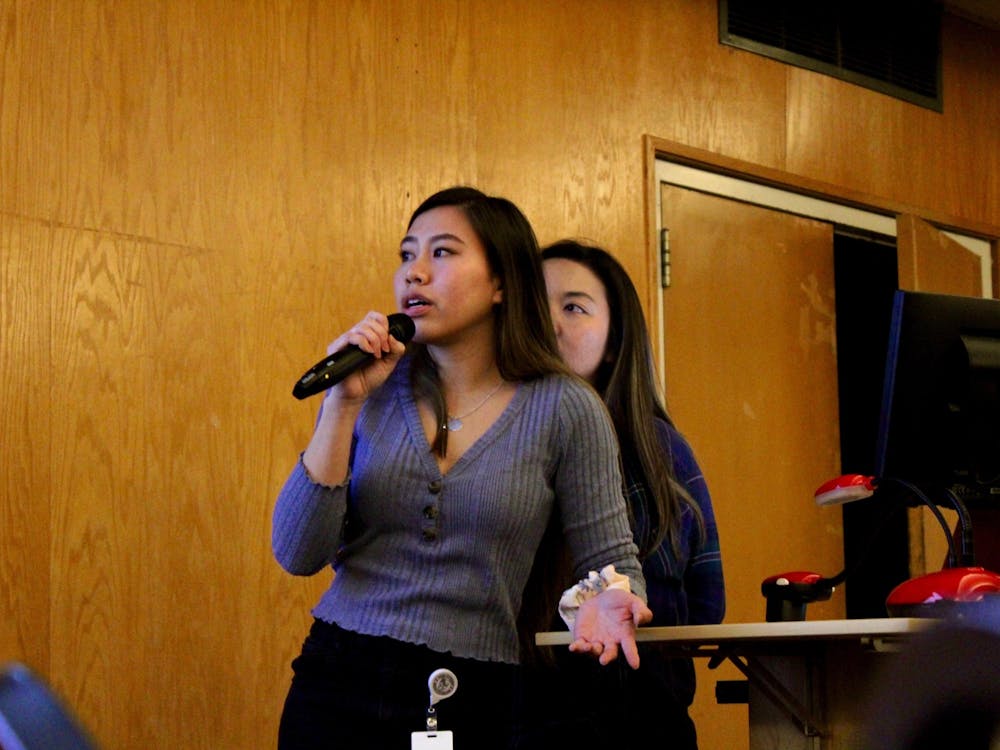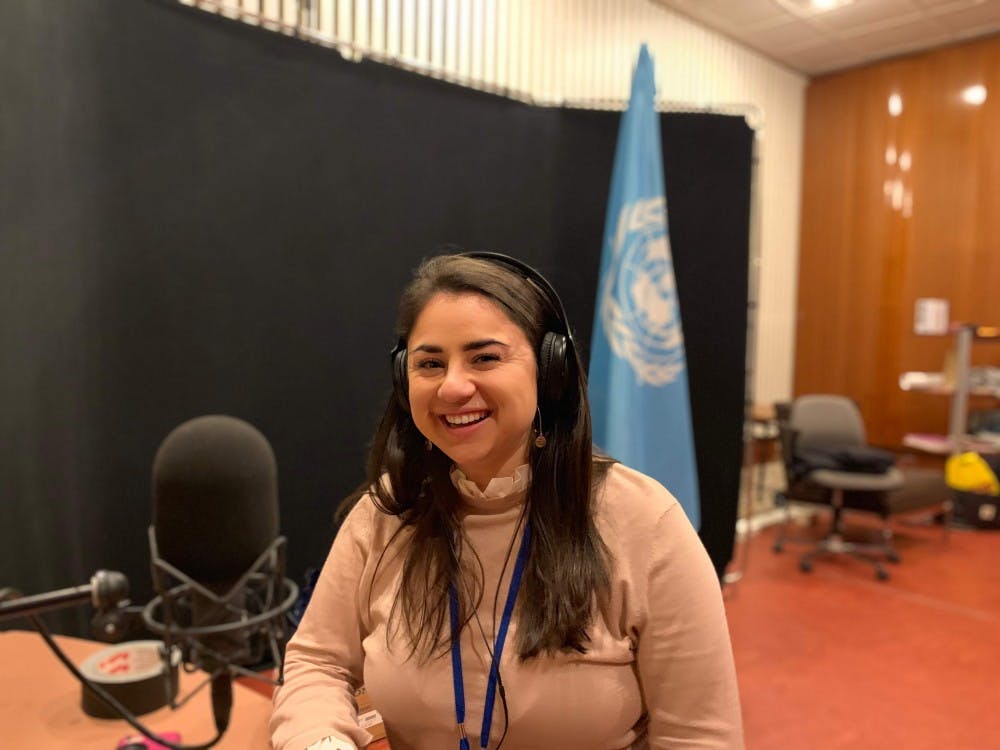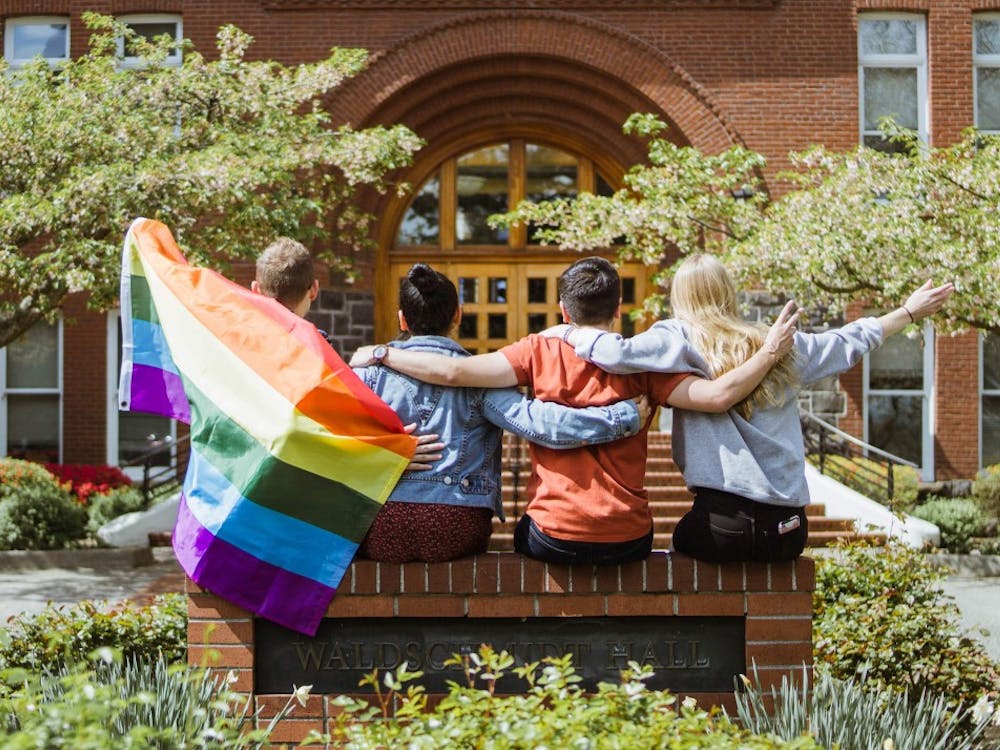Dialogue, discussion, conversation. It is in these moments of questioning and critical discourse that we yield new insights — from each other.
Diversity Dialogues is an incredible opportunity for both attendees and clubs/organizations to be a part of. The Vietnamese Student Association chose to participate in Diversity Dialogues for the first time, and we decided to host an event centered around tackling the ever-so-prevalent issue of cultural appropriation. We wanted to cultivate a healthy dialogue and allow for growth within the conversations that were fostered during the workshop.
The topic of cultural appropriation is a tough one to pin down, since it is such a complex, multi-layered issue. It has a draining impact, reaching down to all the roots that make up a culture, from music, to art, to food, to clothing. When appropriation occurs, it is an exploitation of the marginalized culture, and there becomes a cultural imbalance of power. This power dynamic is troubling and affects many minority groups — therefore, choosing to bring this topic to light during this week was important because it has an impact on many of the students on our campus. Representing the issues that several members of our UP community encounter was part of the reason why VSA thought it was so important to be involved in Diversity Dialogues.
Our own Vietnamese community has experienced cultural appropriation recently, with Kacey Musgraves and other social media influencers choosing to wear our traditional áo dài, a dress that is worn with long, flowing pants underneath. They chose to style the áo dài without pants, exposing themselves from the waist down and completely ignoring the wave of criticism that followed. Our food, which has a foundational influence on how Vietnamese families gather and how historical events are celebrated, has been modernized into hipster interpretations. The cultural significance and historical value of these foods is lost when the entire dish becomes unrecognizable. Of course, humans make mistakes — there is a fine line between cultural appreciation and cultural appropriation, and some people cross that line due to lack of education or awareness. This workshop’s purpose was to clarify those differences — cultural appreciation involves intention, respect, honor and sensitivity.
For our club, it was a blessing to be a part of something so significant. We would like to thank the Diversity & Inclusion Program collaborators for believing in our club and including VSA in the conversation. For those who were able to come to the workshop, thank you for stepping out of your comfort zone and being willing to engage with others around this issue. We hope those who attended are able to continue the dialogue with others around them.
The authors are members and/or officers of the Vietnamese Student Association and can be reached at nguyenng20@up.edu, phann20@up.edu, nguykate21@up.edu, levi20@up.edu, and dolora20@up.edu.








